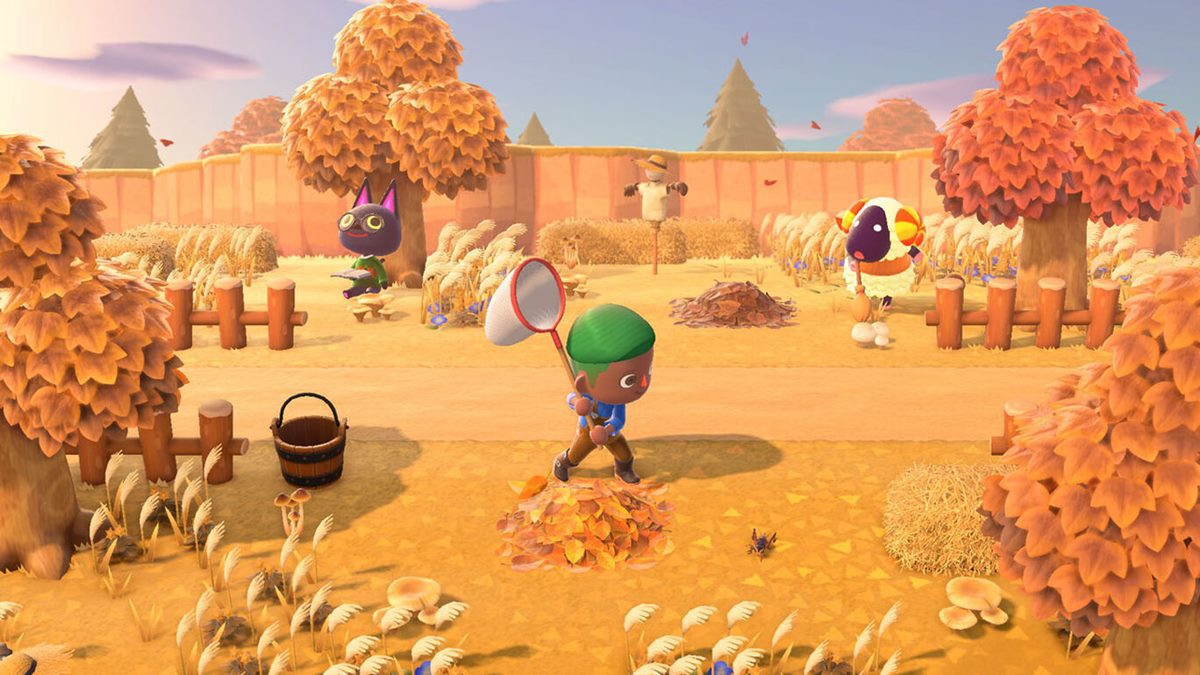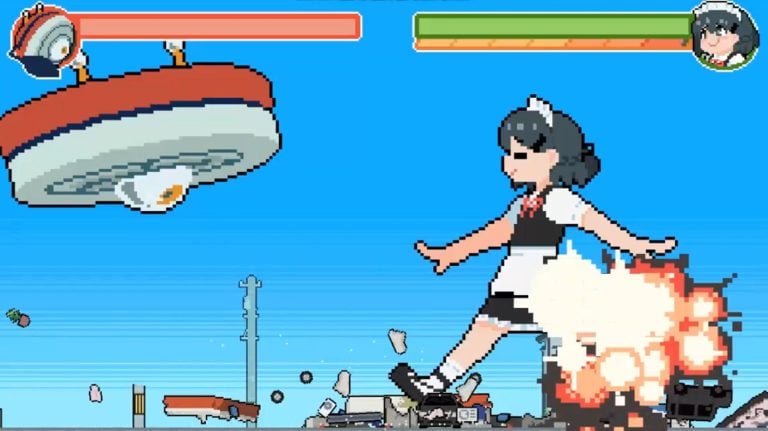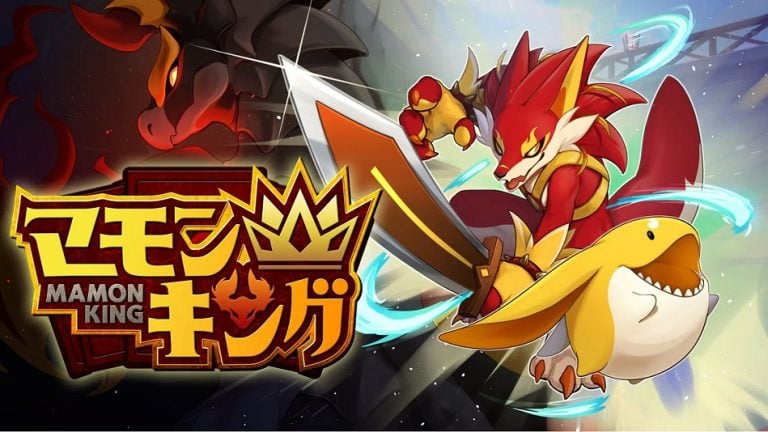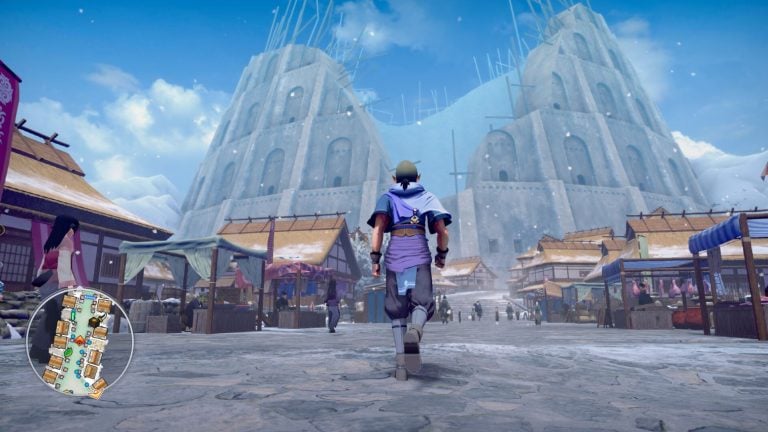Publication date of the original Japanese article: 2021-07-13 20:00 (JST)
Translated by. Ari Clark
In Animal Crossing: New Horizons, you can enjoy the slow life in an environment rich with natural blessings. Players don’t just admire the natural world, but can also harvest the riches of each successive season, including plants, bugs, and fish. Then, if you donate them to the museum, they’ll be preserved and displayed.
A paper recently published by an English research team, which includes one member from Japan, apparently suggests that these aspects of ACNH’s gameplay could be used to educate players about protecting the environment.
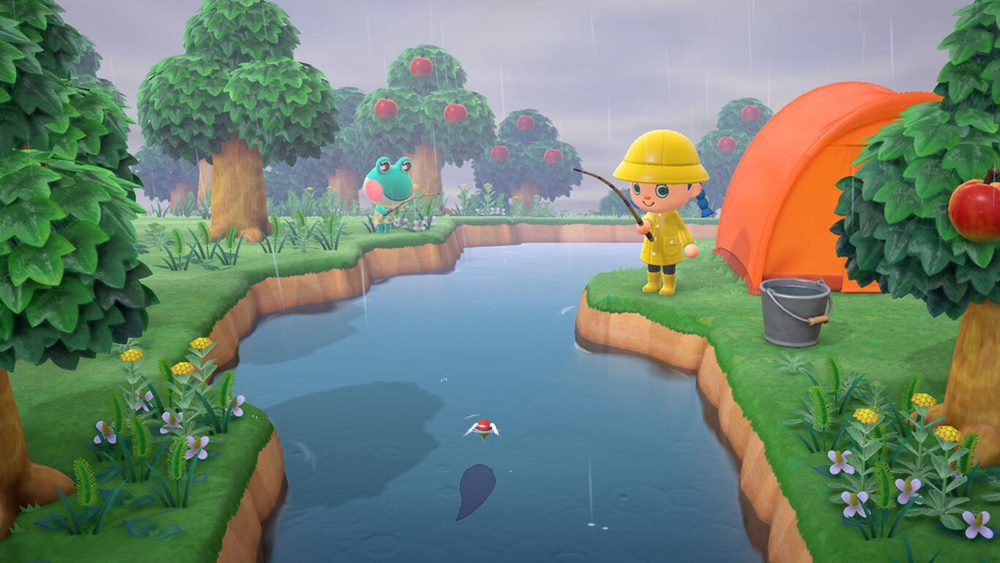
The paper about ACNH was published by a research team from the University of Kent in England. You can view their published paper online. The list of contributing authors includes Jessica C. Fisher, Natalie Yoh, Danielle Rundle, and Japanese researcher Takahiro Kubo. Dr. Kubo has posted a tweet to his personal Twitter account promoting the article, which has received over 800 retweets, and has brought attention to the subject of “teaching conservation through video games”.
We published a paper [controller emoji]
It argues that video games could be used as a messaging tool to promote environmental conservation, using Nintendo’s Animal Crossing: New Horizons as an example, while also discussing the dangers of collecting endangered species and so on. It’s got a summary in Japanese, too!
https://besjournals.onlinelibrary.wiley.com/doi/10.1002/pan3.10240
The contents of the paper can be summarized as suggesting that Animal Crossing: New Horizons’ portrayal of the natural world, such as plants and animals, the interaction between players and NPCs and nature, and the overall game design might be useful as a way of spreading the word about environmental conservation.
It specifically praises a wide-ranging array of game elements and dialogue, including the museum where you can donate things like fish, fossils, and bugs, and the Nook Miles program that encourages behaviors like cleaning up trash. The paper also makes many other interesting points, such as presenting data about the species of NPCs in the game.
First, let’s take a moment to focus on the museum. In ACNH, the museum is a facility where you can donate and preserve the creatures you’ve captured, such as fish and bugs, as mentioned above. The more species you collect, the more the museum expands, which creates a system that encourages players to donate
The NPC who runs the museum, Blathers, shows a high level of environmental consciousness in many of your conversations with him, despite his apparent dislike for bugs. Given that there are also scenes where he teaches the player about topics like species conservation or invasive species, you could definitely say that he functions as a messenger for encouraging environmental conservation.
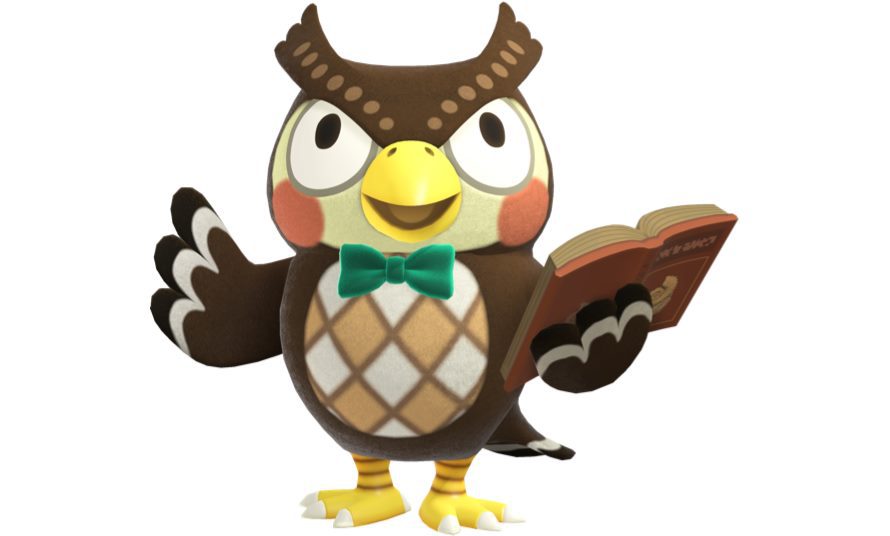
In addition, the achievement-hunting Nook Miles challenges include a challenge called “Trash Fishin’”, where you earn currency by fishing trash out of rivers and other bodies of water. This also seems to have a very straightforward message about the value of cleaning up pollution from littering.
Above all, the experience of personally designing the island and shaping its environment can easily become a theme that encourages a further interest in nature and biodiversity as players enjoy the game.
However, the paper also touches on some elements of ACNH that could have a “bad influence”. In addition to potentially encouraging the capture of rare species, the researchers seem concerned that the way bugs and other creatures are assigned a “value” in the game could have the effect of justifying and fueling the real-life buying and selling of insects.
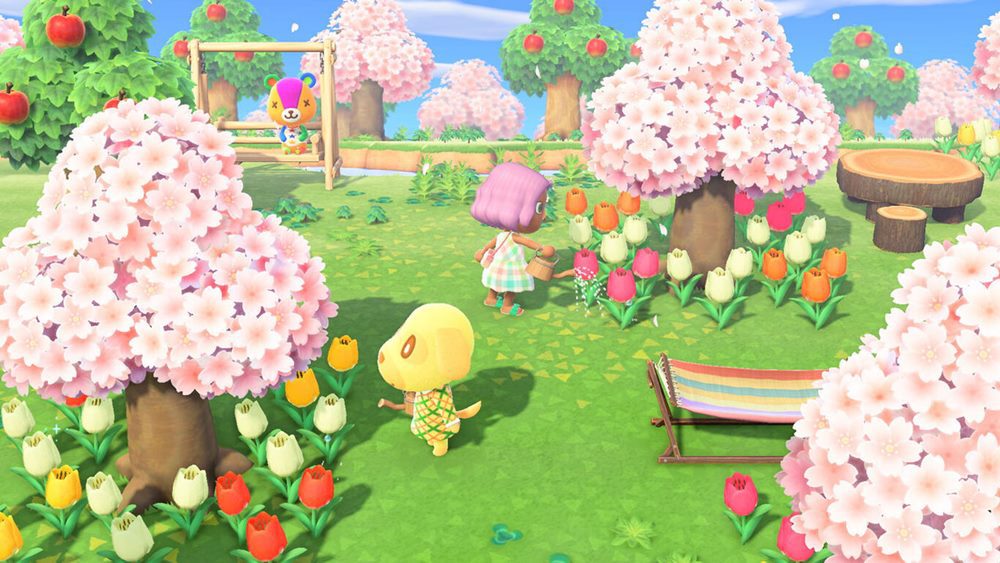
The conclusion of the paper praises Nintendo’s game design, while also presenting several ideas for how the game could further promote environmental conservation, including some points of concern.
Firstly, they suggest “increas(ing) the consistency with which information about the conservation importance is reported (i.e. IUCN status, CITES Appendices)” and “(e)nhanc(ing) the information provided by museum plaques” when donating catchable species to the museum. As long as it doesn’t spoil the game experience, being able to learn about real information in the game does sound nice.
Another very interesting point the paper raises is that, if you classify the NPC animal characters by species, nearly three-quarters of them are mammals. Given the circumstances, the paper suggests adding more NPCs that are non-mammals and invertebrates.
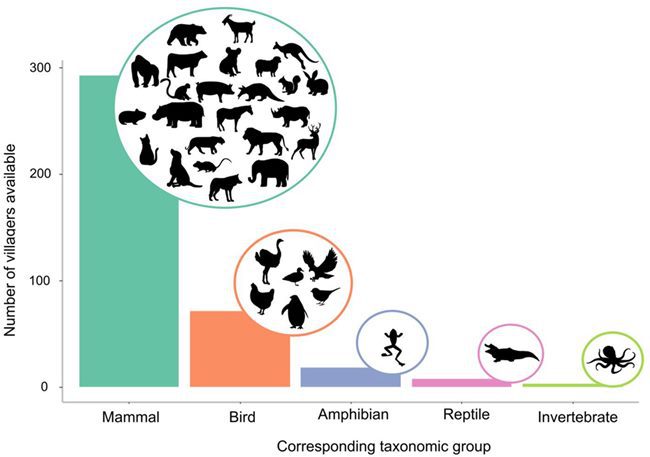
The paper also proposes other environment-related ideas, such as having “overfishing of the island waters (…) decrease catchable fish” and “(e)nsur(ing) that in-game phenomena (e.g. the seasonal availability of catchable species) reflect real-world ecological life histories rather than Japanese cultural associations”, and suggests interesting gameplay ideas, such as “(i)mprov(ing) Blathers’ attitude towards invertebrates e.g. using a mechanism or event through which he can overcome his entomophobia.”
On the topic of gaming and environmental studies, a paper that suggested the depiction of animals in Red Dead Redemption 2 might be useful for learning about biology was coincidentally also recently published on July 8 (GamingSym). Both papers made references to the Pokemon franchise managed by Nintendo. Bug-catching, which involves capturing and keeping wild creatures, is a traditional recreational activity in Japan, and it probably has many direct descendants among the wide range of entertainment products that Nintendo provides.
Of course, Animal Crossing: New Horizons is a video game meant to be played for fun, not a piece of educational software. Still, as long as it stays within a scope that doesn’t spoil the gameplay, adding content that teaches you more about the environment could certainly add more depth to the game. It certainly seems likely to please fans of the game, as well as parents and guardians who might give it to their children.

